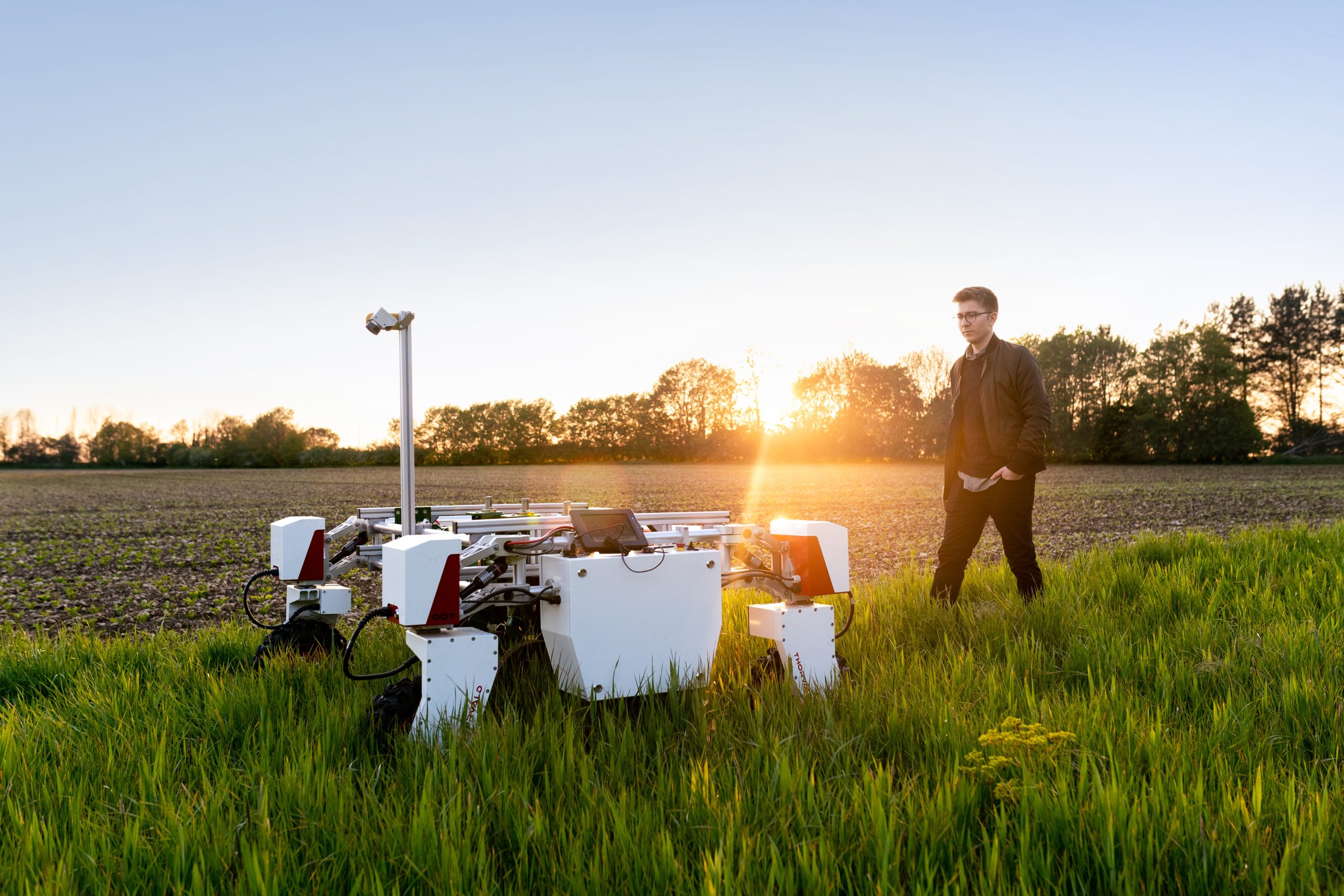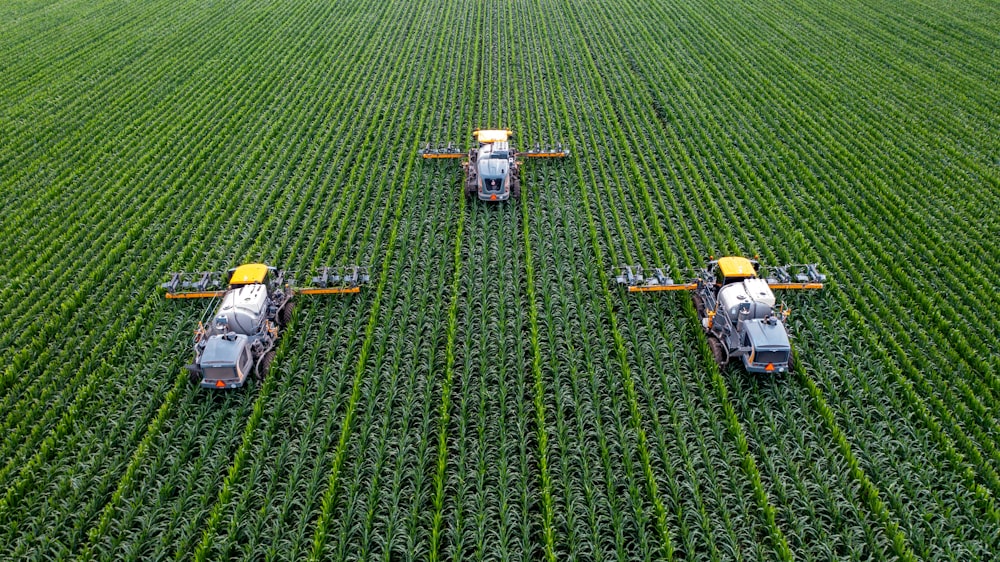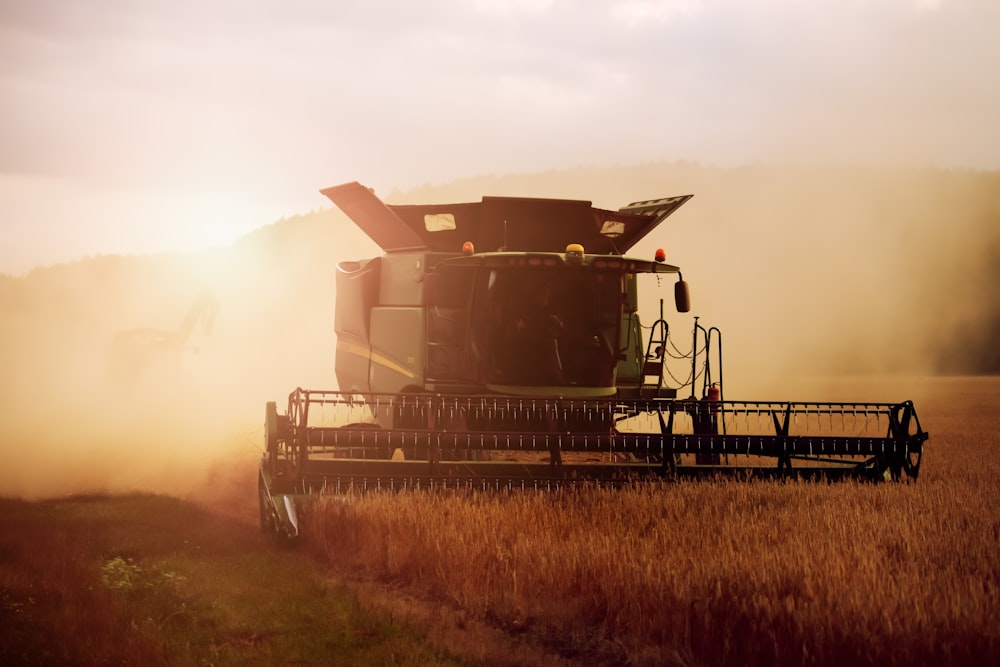

Smart agriculture is a modern agricultural production technology based on the needs of a farming enterprise that differ in terms of location and time in the area where crops are planted, taking into account these location and time criteria. Smart agriculture aims to remove resource weakness, increase product yield and minimize environmental pollution caused by production by using advanced information and control systems. Innovative farming techniques can be used in almost every period of plant production, from tillage to harvest.
Agricultural productivity rises to a much higher level with the reflection of the last industrial revolution in the world, namely Industry 4.0 process, in the use of technology, on agricultural technologies. In this process, tractors and the equipment are connected to communicate throughout the entire production process. With digital agriculture, it is possible to see in detail and in real-time in which part of the field, to what extent and what kind of fertilizers should be put, what kind of spraying will be done, the irrigation time of the plants, the condition of the soil, the estimated harvest time.

Sensors, remote sensing drone and satellite technologies, artificial intelligence, robot technologies, and image processing technologies can be considered intelligent agriculture applications. Measuring the temperature of the soil and air temperature with sensors enables more conscious and deliberate application in works such as irrigation and spraying. Intelligent irrigation systems are technologies that make life easier and save water. Now some systems can be controlled even from a mobile phone. Farmers have the chance to irrigate their fields from where they are, without the hassle and expense of going to the area. With satellite image processing systems, it is possible to determine the productivity of the land and the factors affecting this efficiency without ever going to the ground. It can detect diseases and pests very quickly with image processing technologies.
In this period, with drone technology, the usage area of which has expanded, in addition to operations such as aerial imaging, determination of moisture content in the soil, crop monitoring, agricultural activities such as spraying have also gained momentum. Again, with drones, maps are created for an early soil analysis to plan for planting, irrigation, and nitrogen supplementation.
Thanks to intelligent irrigation systems, irrigation is carried out according to the plant’s needs through sensors, thus preventing water waste and enabling healthier plant growth.
Of course, the blessings of the digital age are not limited to these, by making a heterogeneous application in the field with fertilization and spraying even irrigation recipes prepared by considering the current weather conditions and soil parameters and the yield map of the area for the previous season, using less input, thus making more profitable production. As a result, it is possible to pollute nature less.

The field of application of this digital era is not limited to farming. The scope has expanded considerably from logistics to service. Although smart agriculture has many elements, from variable rate application to logistics, the idea is that each business has a complete farm management system. Of course, besides field agriculture, there are elements of intelligent agriculture in different fields of agriculture.




